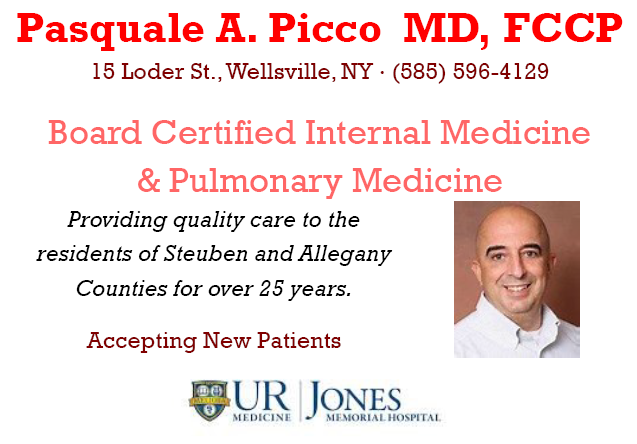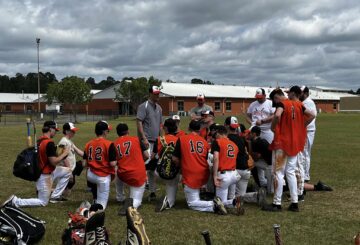By Bob Confer
Earlier this week, there was a brutal two-vehicle accident just down the road from my Niagara County home. Three people died at the scene. Another passed away at the hospital. A fifth person remains in critical condition.
It was a nightmare for the families of the deceased and injured.
It was also a nightmare for the first responders who attended to them.
Through their selflessness of volunteerism and public service, they saw people who passed, they tried to help souls at their rawest and most vulnerable, and, despite their very best efforts, they were unable to save lives and were left comforting the dying, holding their hands for their last breaths.
It’s heartbreaking to even think of what they saw, what they did and, now, what they face. All the training and certification in the world can never prepare EMTs, firefighters, and police officers for the mental scars left by carnage and loss. They can’t shake the imagery; they battle PTSD just as a soldier might — what they’ve seen at some accidents is best compared to the horror someone would see on the battlefield.
They are real life super heroes, but still, it can be overwhelming, for they are just as human as you or me. And, like us, they need someone. We, as the community they serve, need be there for them after events like this…and always.
Following horrific calls, first responders do get some help from their brotherhood/sisterhood. Their fire halls and county emergency services provide debriefings. Local and state resources are dedicated to getting them the counseling they need.
But, it’s never easy for them to take help. People, for the most part, feel uncomfortable talking, especially in the open or with complete strangers, about their mental anguish. That’s even more pronounced in fire, EMS, and police circles because they are who they are – they’ve taken it upon themselves to serve others and they believe they shouldn’t show what they perceive to be weakness. They see whole communities counting on them to be strong in the direst of moments. They don’t want any chinks in their armor.
That’s where we come in, as their trusted friends and family.
Be there to provide a shoulder to cry on.
Be there to listen.
Just be there…in many cases, the power of silence with a companion or the diversion of regular conversation are healing enough.
Look at it this way: We need to focus on the health of our real heroes as much as we do on the health of assumed heroes. If a player on your favorite football team blows out his knee or tears a shoulder, there’s a lot of handwringing going on – how will our city ever survive without him? But, when it comes to the heroes who wear a different type of helmet, who are battling an unseen wound, that of trauma witnessed and felt, there’s not enough attention thrown their way, yet it should be, because, truly, how will our city ever survive without them?
We just have to understand that sometimes the helpers need helping.
It might be immediately after responding to call. It might be days, weeks, or even years after.
When that time comes, be the friend, the confidant, they need to get through their darkest days.
It’s the least we can do for those who have been and will be there for us when we face our darkest days.






